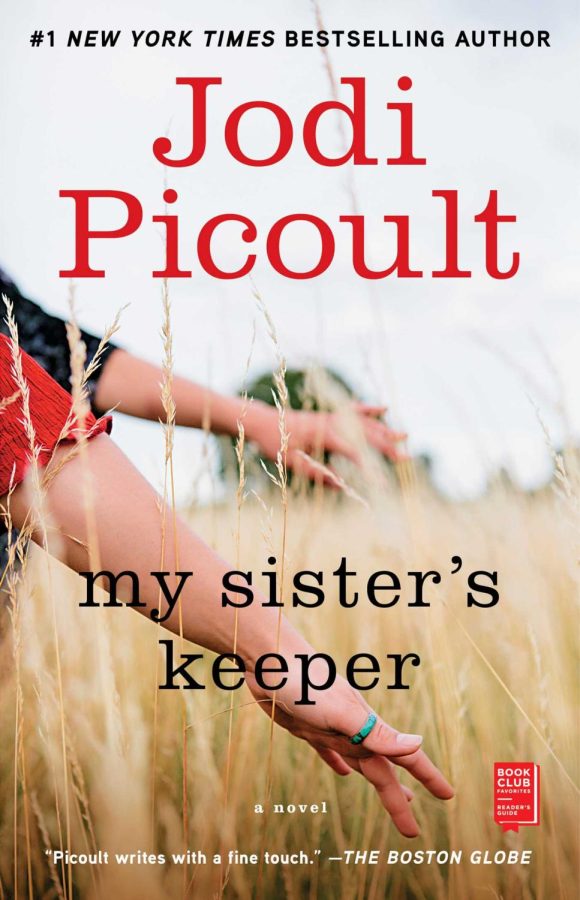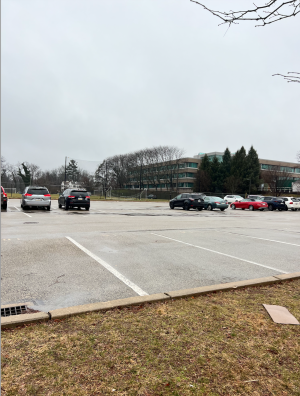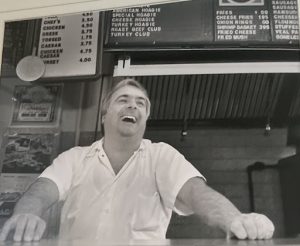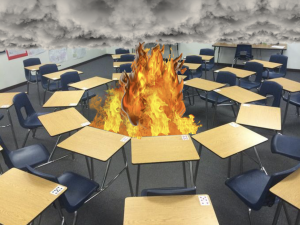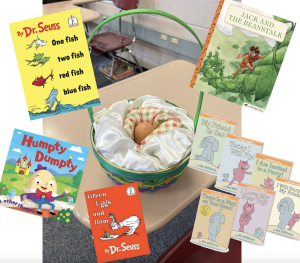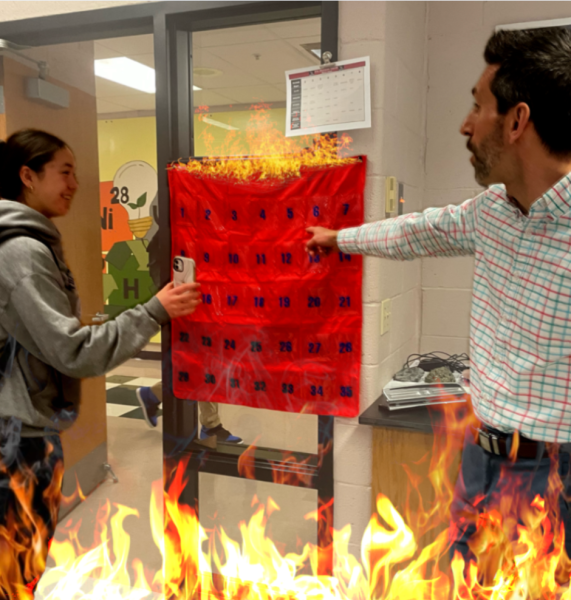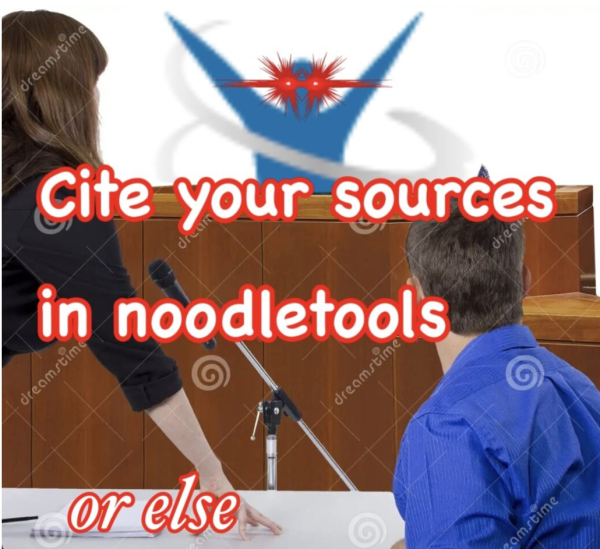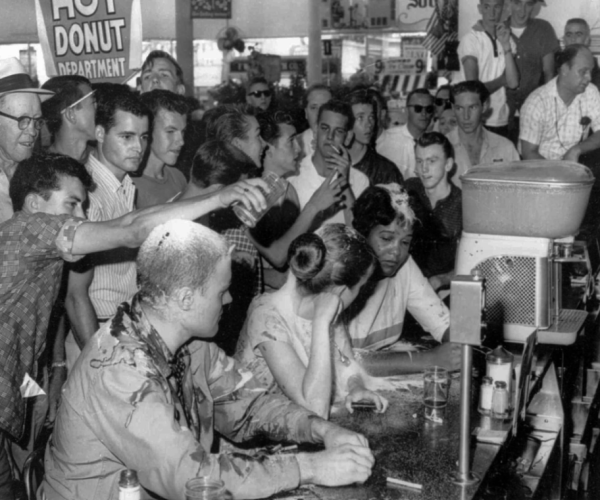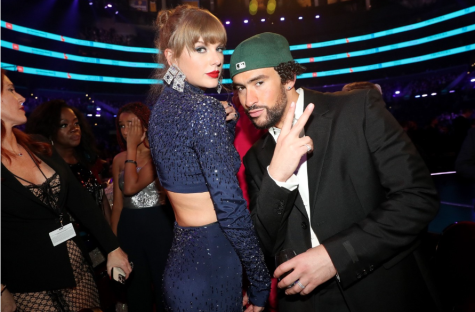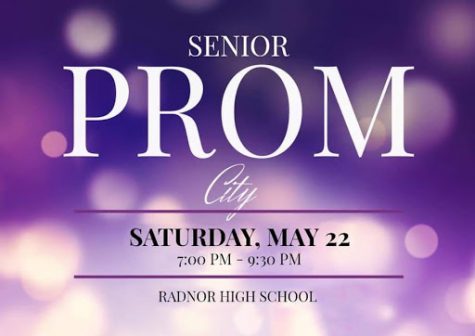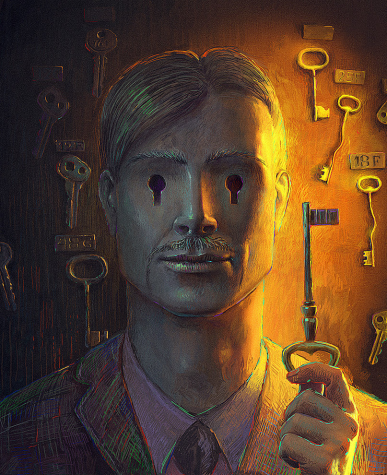Book Review: My Sister’s Keeper
March 23, 2023
Intro and Summary
After reading a number of murder mysteries and trashy romances, I decided it was time for a novel that was a little more serious. I consulted my mom, and she picked this book off the shelf, announcing that Jodi Picoult is a great author who writes novels about ethical topics. Naturally, I did not listen to her. The book gathered dust on my shelf until I rediscovered it later and decided to give it another try. After I finished the book, I wondered why I had ever doubted my mom in the first place.
Spoilers Ahead!
My Sister’s Keeper by Jodi Picoult is a novel that challenges ethics concerning a family with two sisters: one born with leukemia, and the other conceived in order to be a donor for the first. The ethical discussions quickly arise as Anna, the younger sister, makes a bold decision to file a lawsuit against her parents for rights to her own body. Instead of being bound to her sister’s never-ending needs, such as sudden hospital visits, Anna could live her life freely. The lawyer she hires, Mr. Campbell Alexander, accepts her case for good PR and pro bono but undergoes a steep character development and complicated romance situation with Anna’s guardian ad litem, Julia Romano. The book is carefully written in all aspects and has stunning characters, plot, theme, and so on with only a few exceptions.
Character Analysis
I decided to do a character analysis portion because Picoult’s writing beautifully navigates the development of multiple characters throughout the novel, each with an equally relatable and questionable personality. I also picked out individuals who aren’t necessarily the “main character,” but they all hold many points in the story and are very interesting:
Sara Fitzgerald: The best way to describe Sara Fitzgerald would be “the mother figure” in every way possible. It’s impossible to explain a mother’s love and protection over a child, but if it could be transferred into a person, Sara Fitzgerald would be that person. As the reader, I found it difficult to empathize with her in some scenarios as she seems to favor one child over the other at times, but I would like to reread the book as an adult specifically because I want to see how my perception of her changes.
Jesse Fitzgerald: Jesse Fitzgerald is the brother of Anna and Kate, and the son to Sara and Bryan Fitzgerald. Even with his seemingly normal upbringing, his family situation has formed him into a criminal. As the reader, Jesse seemed like a typical troubled and angsty teenager when I first learned about his regular behavior. However, the problems go beyond smoking and drinking, and more to arson, which shook me at first considering his father works as a firefighter. As the book continued, Jesse’s character appears more and more understandable to the reader, who got to hear his side of the problems, while the rest of the characters seemed to be unaware of his lack of parental attention and reckless activities. I feel as though he’s similar to Sara in that he’s relatable to a lot of people, and it’s very interesting to watch his steep character development that occurs as a result of the climax of the story.
Campbell Alexander: Campbell Alexander is the lawyer who decided to take on Anna’s case and at first glance, I perceived him as a man who held a false bravado with a tendency to hold people an arm’s length away. At first, when Alexander accepted Anna’s case because it would serve as good pro bono, I found it depicted him as work-oriented and cold. However, Alexander grew into one of my favorite characters as he started to look past the paperwork of the Fitzgerald case and began to see the personal relationships instead. I also enjoyed the relationship between him and Julia Romano, which I believe played a large part in his character development, and his service dog, Judge, who I also felt helped to keep track of his character throughout the story. All the little details, thought, and effort put into his arc make him one of the most well-rounded characters, in my opinion.
Likes/Dislikes
Honestly, the pros of this book definitely outweigh the cons. The thick plot line, the precisely crafted characters, and the different points of view from all the characters brought in a totally different perspective. The other curious thing about this book is that it made me think. I remember finishing the novel and I just had a lot of questions about the decisions made, the ethical questions it raised, and the ending (which was AMAZING, but I won’t give it away). This included questions such as, “why did the author decide to end the novel the way she did?” as well as “who should be allowed to ultimately decide the outcome of this situation and did the book even have the right person take control?” On the subject of characters, my personal favorite was Campbell Alexander because of the way he grew over the story and began to treat people. He was quick and spontaneous in some situations and made multiple decisions both in the past and present that other people would not have. On the opposite side, my least favorite would have to be Anna Fitzgerald because of her indecisiveness and, despite her maturity on the outside, she didn’t always seem capable of good decisions. While she was one of the main characters, I found that she didn’t undergo character development as much as somebody like her lawyer. The one con I had with this book was not necessarily with the content, but with the way that it was organized. Sometimes when the book switched the point of views of characters, the time periods would swap around going back and forth a couple years. It made things more difficult to keep track of, but I would say it is one of the few, if not only, vices of the novel. This book made me experience emotions all across the spectrum—from the happiness the small victories of the Fitzgerald family brought to the genuine grief yet appreciation the ending brought to me. This novel provided me with another way to view the world, and I believe that is the most you can ask of an author. I give this book a 9.5/10.
Conclusion/Recommendations
The ending of this book was completely unexpected and certainly leaves the reader with tons and tons of questions about the novel and possibly their own beliefs. I personally find this to be the best type of book: one that makes you question and reflect on yourself and the world around you. However, I would also recommend this novel to anybody who wants to investigate ethics, enjoys in-depth characters, and who is ready to get away from thin plot lines for a little while.

